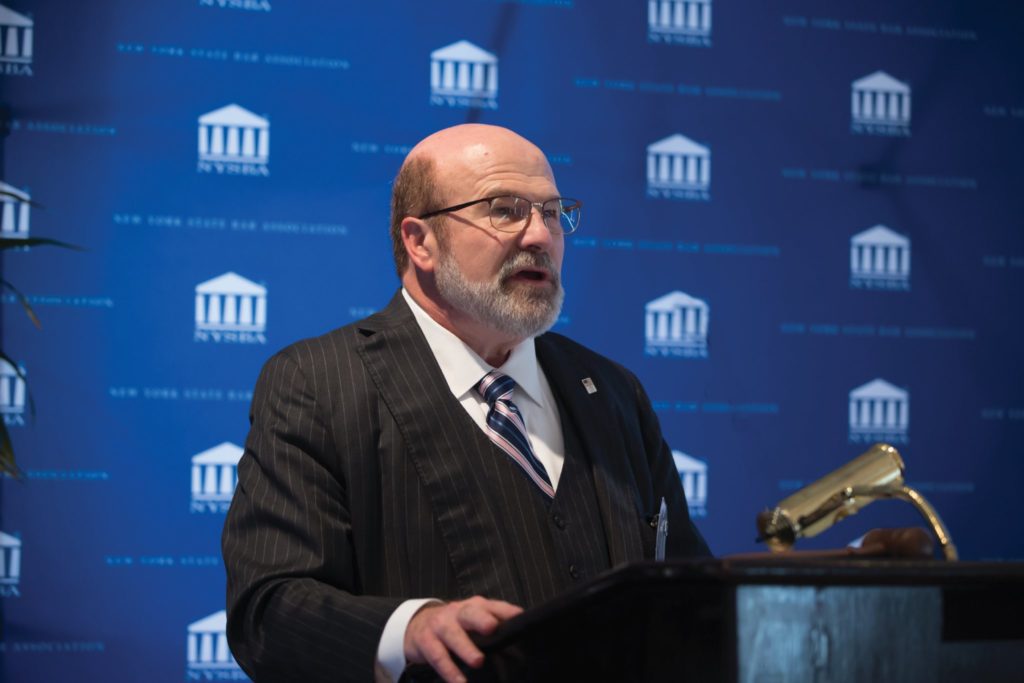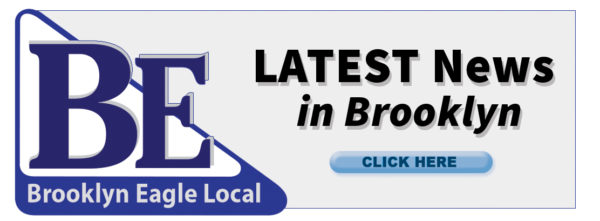Philadelphia case could have large implications for foster children in New York, state bar association says

 Concerned that a Philadelphia case could have a large impact on children in foster care in New York, the NYS Bar Association on Thursday filed an amicus curiae brief with the U.S. Supreme Court to protect LGBTQ rights.
Concerned that a Philadelphia case could have a large impact on children in foster care in New York, the NYS Bar Association on Thursday filed an amicus curiae brief with the U.S. Supreme Court to protect LGBTQ rights.
In the case Fulton v. City of Philadelphia, a foster mother is suing the city for terminating its foster care contract with the city’s Catholic Social Services agency because it will not place foster care children with married, same-sex couples; a violation of the city’s non-discrimination policy.
“The State Bar Association has a long history of promoting equality in the law for LGBTQ people in all aspects of society,” said NYSBA President Scott Karson. “A married same-sex couple is a legally recognized family, and NYSBA will continue to advocate to protect their rights.”

Brooklyn Boro
View MoreNew York City’s most populous borough, Brooklyn, is home to nearly 2.6 million residents. If Brooklyn were an independent city it would be the fourth largest city in the United States. While Brooklyn has become the epitome of ‘cool and hip’ in recent years, for those that were born here, raised families here and improved communities over the years, Brooklyn has never been ‘uncool’.